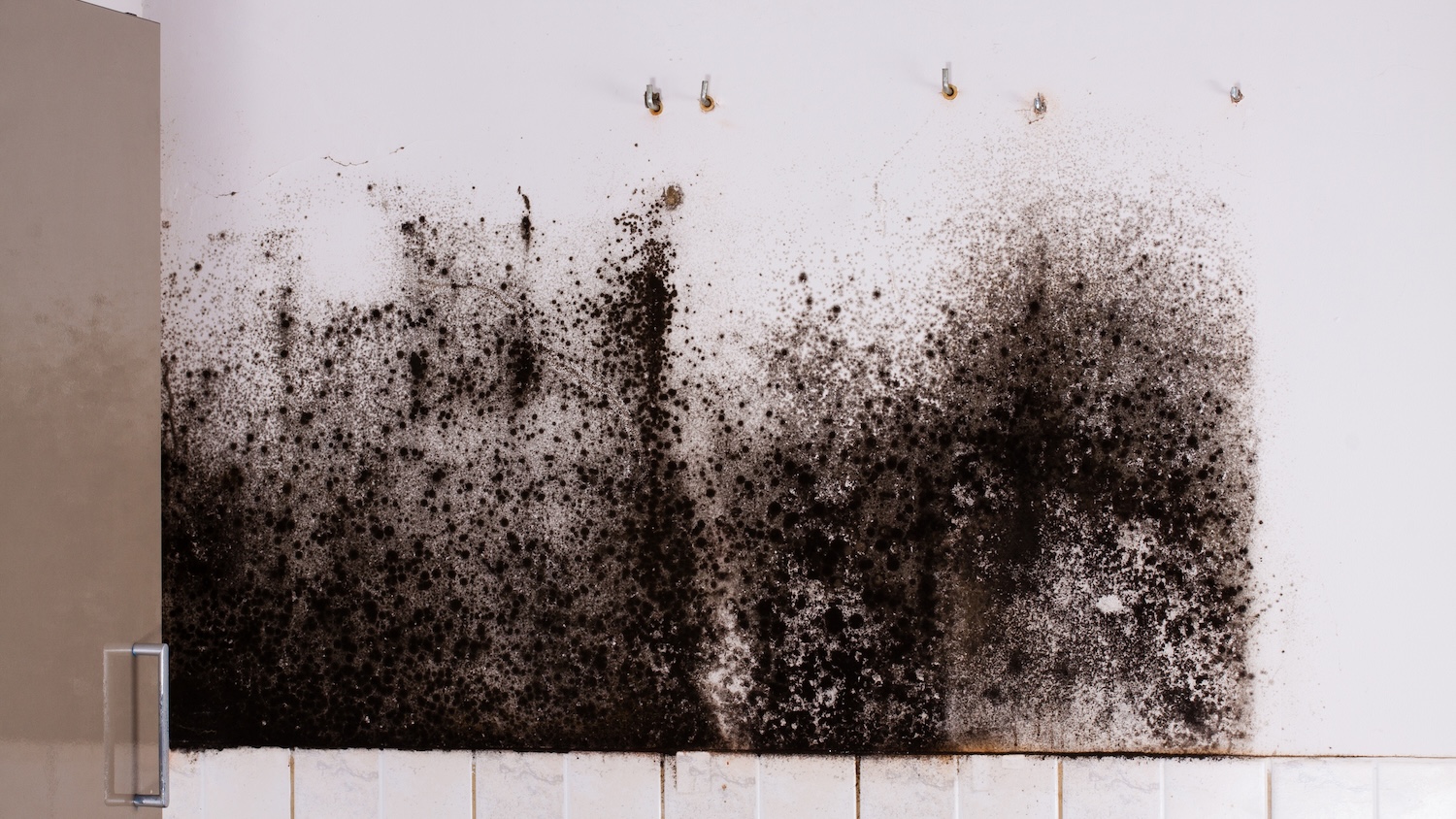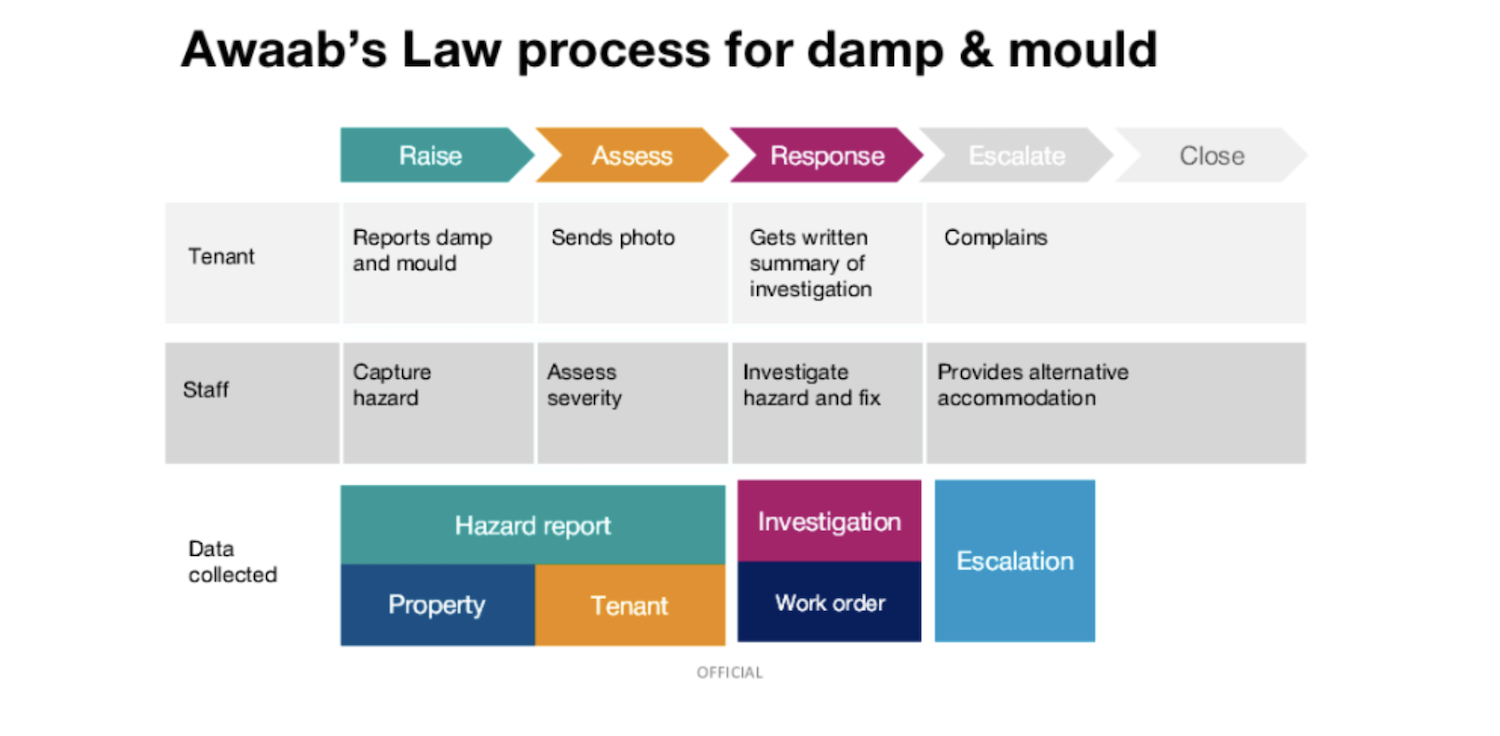
Repairs data standard for social housing redesigned ahead of Awaab’s Law
The repairs data standard for housing associations has been redesigned to address damp and mould, and now needs to be tested.

The Ministry for Housing, Communities and Local Government (MHCLG) has worked with housing trust HACT and consultant Data Futurists to redesign the existing standard in response to the imminent introduction of Awaab’s Law (the first part is expected to come into effect on 27 October).
The MHCLG notes that many housing providers are finding it difficult to meet the new requirements set out by the law. It said: “Some have chosen to address damp and mould across all properties as a preventative step – a welcome development. However, these homes will still need future repairs, and it’s vital that processes are in place to support Awaab’s Law over the long term. In particular, housing providers must be able to identify and prioritise repair requests that involve vulnerable tenants.”
In response, the MHCLG, HACT and Data Futurists have developed a new module for the repairs data standard focused on damp and mould, along with implementation guidance to help housing providers integrate it into their existing systems. The data model records key parts of a repair request, including how it is raised, assessed, responded to, escalated and closed, along with the data collected at each step.

HACT noted: “This data would help to record details of the initial issue reported by residents (the ‘hazard report’), of the investigation conducted by the landlord, and any escalation required to ensure that hazards are appropriately addressed and resolved by the landlord. The data model provides a structure for recording data elements that inform actions such as identifying hazards, assessing vulnerability and the severity of the issue.
“The way the model has been designed allows housing associations to integrate components into their existing data systems, reusing previous HACT data standards use cases for repairs, property and customer data. This approach will also support future updates without the need for major system overhauls.”
The current version is a minimum viable product. HACT and Data Futurists will be responsible for further developments, including testing the standard with housing associations.
Keep up to date with DC+: sign up for the midweek newsletter.







